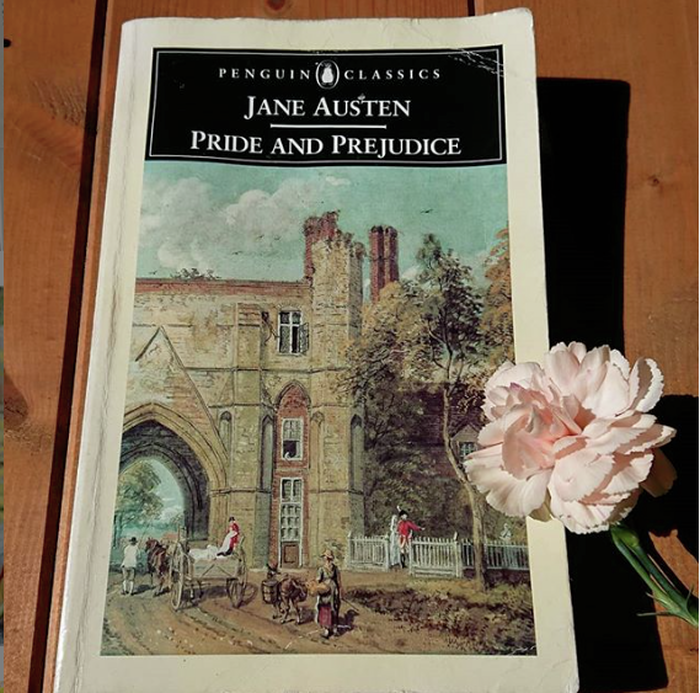The Prophetic Voice of Edith Wharton
After the announcement that Sofia Coppola is to adapt The Custom of the Country, Mier Foo writes about how the novel has become a prophetic indictment of contemporary celebrity culture
Edith Wharton is a rarity in literature, an author whom moves seamlessly through the very echelons of society she ruthlessly dissects. A scion of a wealthy, socially prominent family, her place in Old New York society was cemented from birth. Wharton began her literary career towards the end of the Gilded Age in America and her writing reflects the cultural anxieties which plagued the country at the turn of the twentieth century with the rise of rampant consumerism.
In The Custom of the Country, soon to be adapted by Sofia Coppola, Wharton constructs a world in which corruption is endemic, where social respectability is everything and nothing. One could easily say the same for contemporary society where over-exposure seems to be the surest path to fame.
"Her very rootlessness and the ambiguity surrounding her origins is testament to the insignificance attributed to the sense of America beyond the Hudson"
No one embodies the callowness of modern America more than the novel’s protagonist, Undine Spragg, who is in many ways Wharton’s antithesis — a Midwestern ingénue with a working class background who desperately longs for the world in which Wharton so securely inhabits. Her very rootlessness and the ambiguity surrounding her origins is testament to the insignificance attributed to the sense of America beyond the Hudson.
The strikingly simplistic descriptions of her upbringing and the vague circumstances of her family’s newly acquired wealth bespeaks Undine’s own view of her past as expendable, whilst the elusive future is ever within reach.
Undine’s slew of victories is ultimately undermined by her relentless compulsion to amass more. When Undine finally successfully infiltrates high society, she becomes quickly dissatisfied. ‘She had found out that she had given herself to the exclusive and the dowdy when the future belonged to the showy and the promiscuous’.
From this realisation onwards, her aspirational inclinations morph into a perversion of the American dream. Undine’s power derives largely from her beauty and her malleability to its beholder. Interestingly, through her novel, Wharton subjects her heroine to the social disasters she herself has so adroitly avoided. Undine’s plight thus also acts as a critique of the ways in which women’s lives have been curtailed by societal expectations.
"Undine actively engages with this patriarchal mindset through the skilled manipulation of her own image"
The conspicuous consumption detailed richly in the novel reveals the characters’ sublimated desires. The wild abandon in which Undine indulges in lavish entertainments and her extravagant spending betray a deeper urge to transcend the limitations of her allotted role in life, whilst Ralph’s fixation on her vacuous beauty reveals his desire to project onto her the image of his ideal woman.
Undine actively engages with this patriarchal mindset through the skilled manipulation of her own image. She constantly imagines herself amongst a circle of admirers, twisting this way and that, as she did in real life when people were noticing her. ‘She thought it the correct thing to be animated in society, and noise and restlessness were her only notion of vivacity’.
Her behaviour is strikingly similar to that of the spectacle which floods our social media feeds these days. At the intersection of performance and self-commodification, social media has become an instantaneous platform for display where a certain degree of exhibitionism has become concomitant with new notions of ‘celebrity’ and its allure. In a culture defined by ‘likes’, attention can be parlayed into economic again.
Simone de Beauvoir argued that before a woman can define herself, she must first acknowledge her womanhood and ‘on this truth must be based all further discussion’. In essence, in order to define herself beyond the boundaries of what society has laid out for her, women must first ascribe herself to such a paradigm. Despite Undine’s often comical misapprehension of the affairs unfolding around her, she has an intrinsic grasp of the gendered currency of celebrity.
As Jia Tolentino points out in her review What Edith Wharton Knew, a Century Ago, About Women and Fame in America, ‘Undine gets the essentials: that to be beautiful, for a woman, is to be seen, which is to be wanted, which is to be handed the ability to exploit an economic system’.
Crucially, the incisive clarity and mordant humour, in which, Wharton narrates Undine’s ascent imbues the heroine with tragic dimension that very nearly absolves her reprehensible mercenary impulses. ‘Undine was fiercely independent and yet passionately imitative,’ Wharton explains.
Her embodiment of this contradiction is reflective of a contemporary culture which traffics in image but also simultaneously demands ‘authenticity’. As Charles Bowen astutely observes in the novel, Undine is ‘a monstrously perfect result of the system: the completest proof of its triumph.’
 Music / The pipes are calling: the life of a Cambridge Organ Scholar25 April 2025
Music / The pipes are calling: the life of a Cambridge Organ Scholar25 April 2025 News / Candidates clash over Chancellorship25 April 2025
News / Candidates clash over Chancellorship25 April 2025 Comment / Cambridge builds up the housing crisis25 April 2025
Comment / Cambridge builds up the housing crisis25 April 2025 Arts / Plays and playing truant: Stephen Fry’s Cambridge25 April 2025
Arts / Plays and playing truant: Stephen Fry’s Cambridge25 April 2025 Interviews / Dr Ally Louks on going viral for all the wrong reasons25 April 2025
Interviews / Dr Ally Louks on going viral for all the wrong reasons25 April 2025






